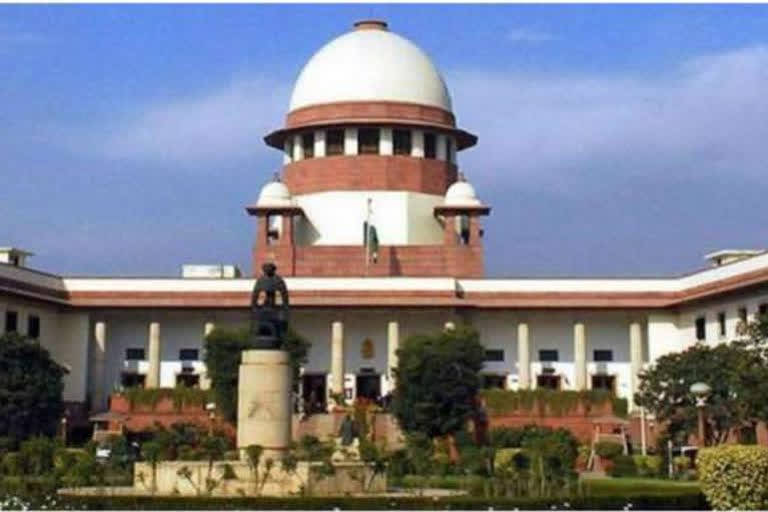Mumbai: Referring the Maratha quota issue to a larger bench, a three-judge bench of the Supreme Court has held the community which comprises 30 per cent of the population in Maharashtra cannot be compared to marginalised sections of the society living in far-flung and remote areas.
Staying the operation of the Maharashtra State Reservation for Socially and Educationally Backward Classes (SEBC) Act 2018, and referring the issue to a bench of five judges or more for final adjudication, a bench of Justices L. Nageswara Rao, Hemant Gupta and S. Ravindra Bhat on Wednesday said that the state has failed to make out a special case for providing reservation in excess of 50 per cent.
"The social, educational and economic backwardness of a community, the existence of quantifiable data relating to the inadequacy of representation of the community in public services and deprivation of the benefits flowing from reservations to the community are not exceptional circumstances for providing reservations in excess of 50 per cent," the bench said.
The apex court said it is prima facie of the opinion that the Bombay High Court committed an error in treating the above factors as circumstances which are extraordinary, warranting relaxation of the strict rule of 50 per cent.
"Admittedly, reservations provided to the Maratha community were implemented in educational institutions for one academic year only. Implementation of the Act for admissions in educational institutions and appointments to public posts during the pendency of these appeals will cause irreparable loss to the candidates belonging to the open category," said the bench.
READ:SC stays Maratha quota for reservation in jobs and educations for 2020-21
